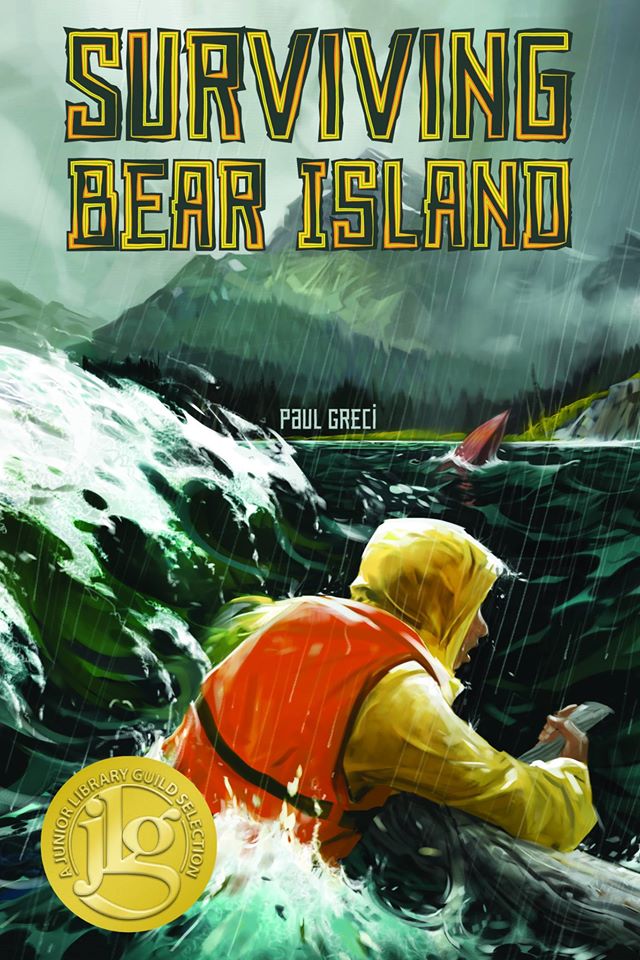
Jo Knowles
I was fortunate enough to secure a copy of Jumping Off Swings by Jo Knowles the day before I left for a two-week trip. I finished it in just a few days. Yes people, it kept me up past my bedtime.

From the Jacket flap:
Ellie has hooked up with more than a few boys. Each time she is certain there will be more to the encounter than just sex. While she is with them, she feels loved. For a while anyway. So when Josh, an eager virgin with a troubled home life, leads her from a party to the backseat of his van, Ellie follows. But their “one-time thing” is far from perfect: Ellie gets pregnant. Josh reacts with shame and heartbreak, while their confidantes, Caleb and Corinne, deal with their own complex swirl of emotions. No matter what Ellie chooses, all four teenagers will be forced to grow up a little faster as a result. Told alternately from each character’s point of view, this deeply insightful novel explores the aftershocks of the biggest decision of one fragile girl’s life — and the realities of leaving innocence behind.
Jumping Off Swings (Candlewick, 2009) is Jo’s second YA novel, and it has racked up a slew of awards:
YALSA Top Ten Quick Pick for Reluctant Readers
YALSA Best Book for Young Adults
Gold Star Award for Excellence from TeensReadToo.com
Starred Review in Publishers Weekly Online
I thought the book was both poetic and page-turning, and emotionally honest.
And, from a craft perspective, is a work of art. Jumping Off Swings, told in first person, masterfully alternates POV between the four main characters.
If you’re a fan of contemporary character-driven novels with complex plots, then this book is for you.
Another thing I think is really cool about Jumping Off Swings is that Jo Knowles was awarded an SCBWI Work In Progress Grant for it back in 2002. I don’t know the whole story behind the story but I think this is a great example of sticking with something. From the acknowledgments at the end of the book: To my agent, Barry Goldblatt, for not giving up on the novel formerly known as Slut.
Look for Jo Knowles’s newest book: SEE YOU AT HARRY’S!, about a twelve-year-old girl who feels invisible among the chaos of her family’s restaurant business, thanks to her parents’ benign neglect and the more demanding needs of her sister and two brothers in Spring 2012 from Candlewick.
Leave a comment, and your email address, before midnight Friday, Sept. 3rd (Eastern Time) for a chance to win a copy of Jumping Off Swings.
















